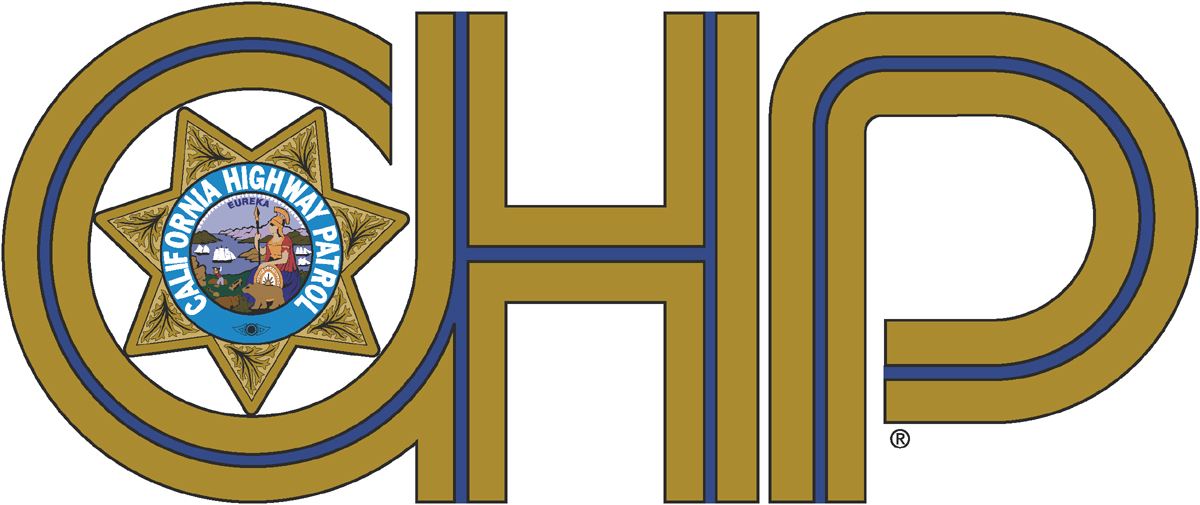I think it’s not a secret that I spent a number of years in close proximity to the Governor of California. I rode in his car with him every day, flew with him between 2500 and 3000 times, and shared a hotel suite for about 750 nights. We visited 17 states and the District of Columbia and a dozen countries. Sometimes there was a large entourage, sometimes all or part of his family was present, and other times it was just the two of us.
Always, though, we were accompanied by officers of the California Highway Patrol. Sometimes people referred to them as Secret Service but it’s the various state police departments that guard their chief executives. In California there’s the Office of Dignitary Protection within the CHP that assigns officers to California’s eight statewide elected officials – the governor, lieutenant governor, treasurer, controller and so on.
I don’t know the process for recruiting officers to protect the governor but I know the following and am happy to say it. To a person, the men and women I knew and rode and jetted and helicoptered and jet-skied and stood in the sun and snow with were simply the best. They maintained the appropriate and sometimes fluid balance of distance and familiarity. They knew when to engage with the governor and when to smile (or not) and shut up. They gave him whatever degree of physical space he wanted without jeopardizing his safety.
It’s a scary, unfortunate fact that the higher a public figure’s profile is, the greater the risk of harm to him. When Gov. Schwarzenegger took office he was among the four or five most famous people on earth, and the circumstances by which he assumed office were extraordinary even by California standards of oddness. Additionally, he was the first governor in decades to have both a high-profile wife and several children living at home. On top of that here was a wealthy man who didn’t need the state’s King Air twin-prop to travel; he had the means to visit six cities in a day. The CHP had their hands full.
If a day’s business began in Santa Monica, then included stops in San Diego, Riverside, Fresno, San Francisco and Sacramento, then returned us to Santa Monica the same evening, that meant the CHP had teams of officers and cars at each stop. It meant a logistics nightmare.
Yet I can’t remember a single time they weren’t waiting when we pulled up at the curb or hotel loading dock or tarmac. I don’t remember a time when they were unkind to overzealous fans, voters or protesters. They never pushed back when the governor decided on short notice to stop at a Starbucks or go for a boat ride or take a ride on the TGV in France.
Sometimes there were motorcycle escorts with us, and occasionally one of the officers on the detail would carry a little satchel thing and keep a hand in it, staying connected to a presumably extra-heavy-duty weapon of some kind. These things meant that an unusual threat had been identified, a threat requiring heightened vigilance. We never asked details because we trusted the Highway Patrol’s ability to handle things.
There was public grumbling at times about the expense of protecting a chief executive whose circumstances – family, mobility, a resistance to being scheduled – required the attention of more CHP officers than ever before. The cost was undeniable but I don’t know how you get around it.
These folks also made my job easier, and they took care of me too. I’ll always appreciate and respect them.
